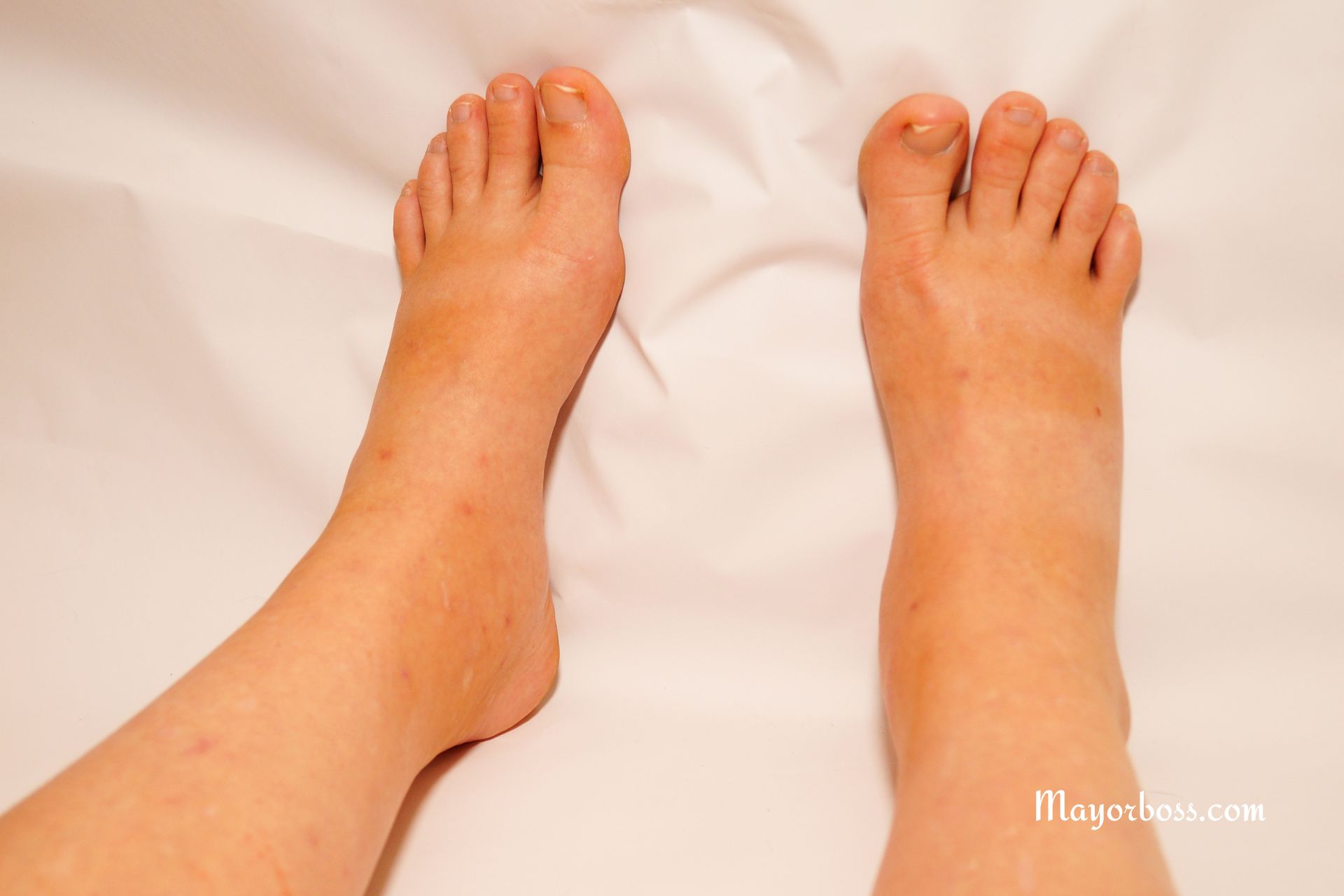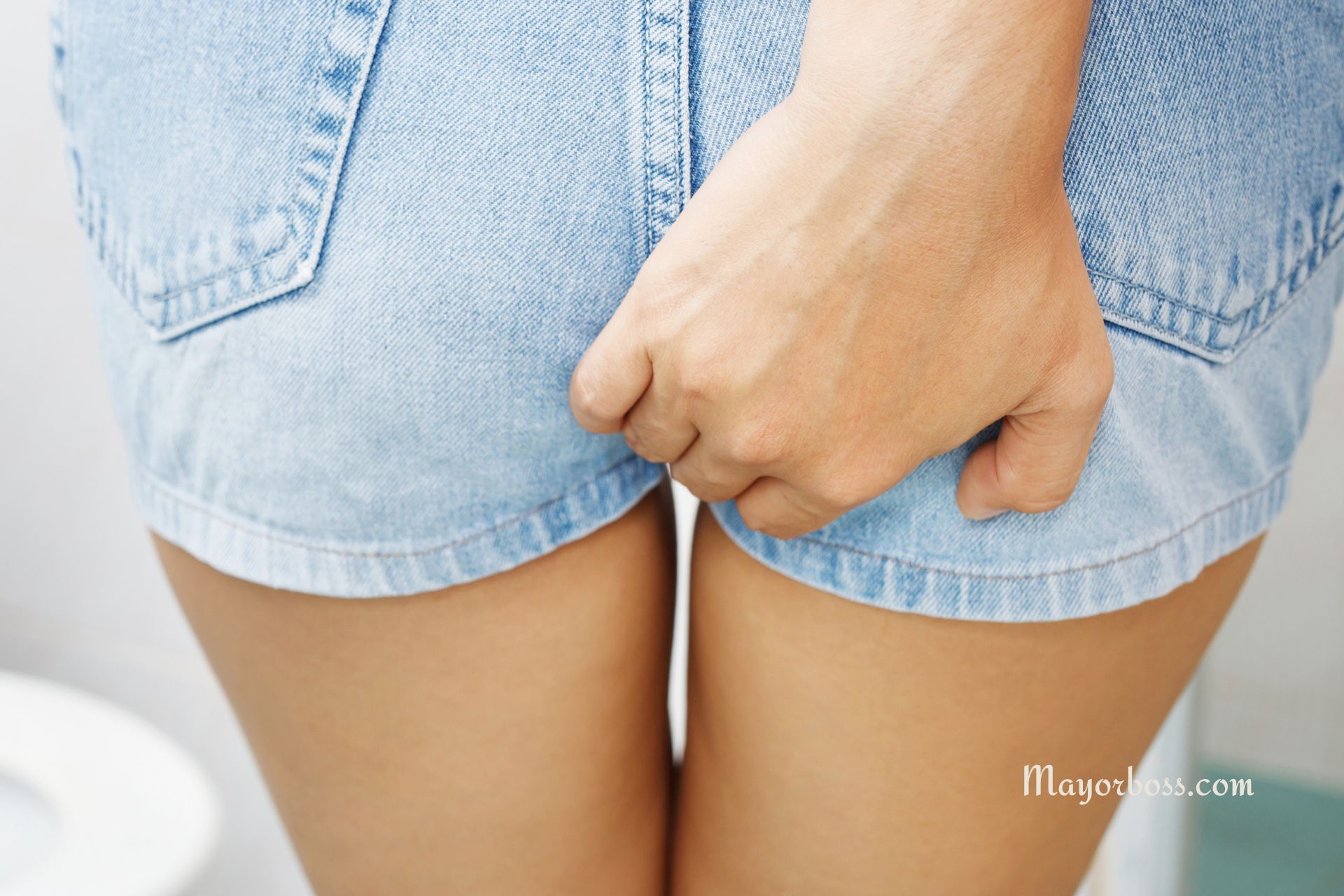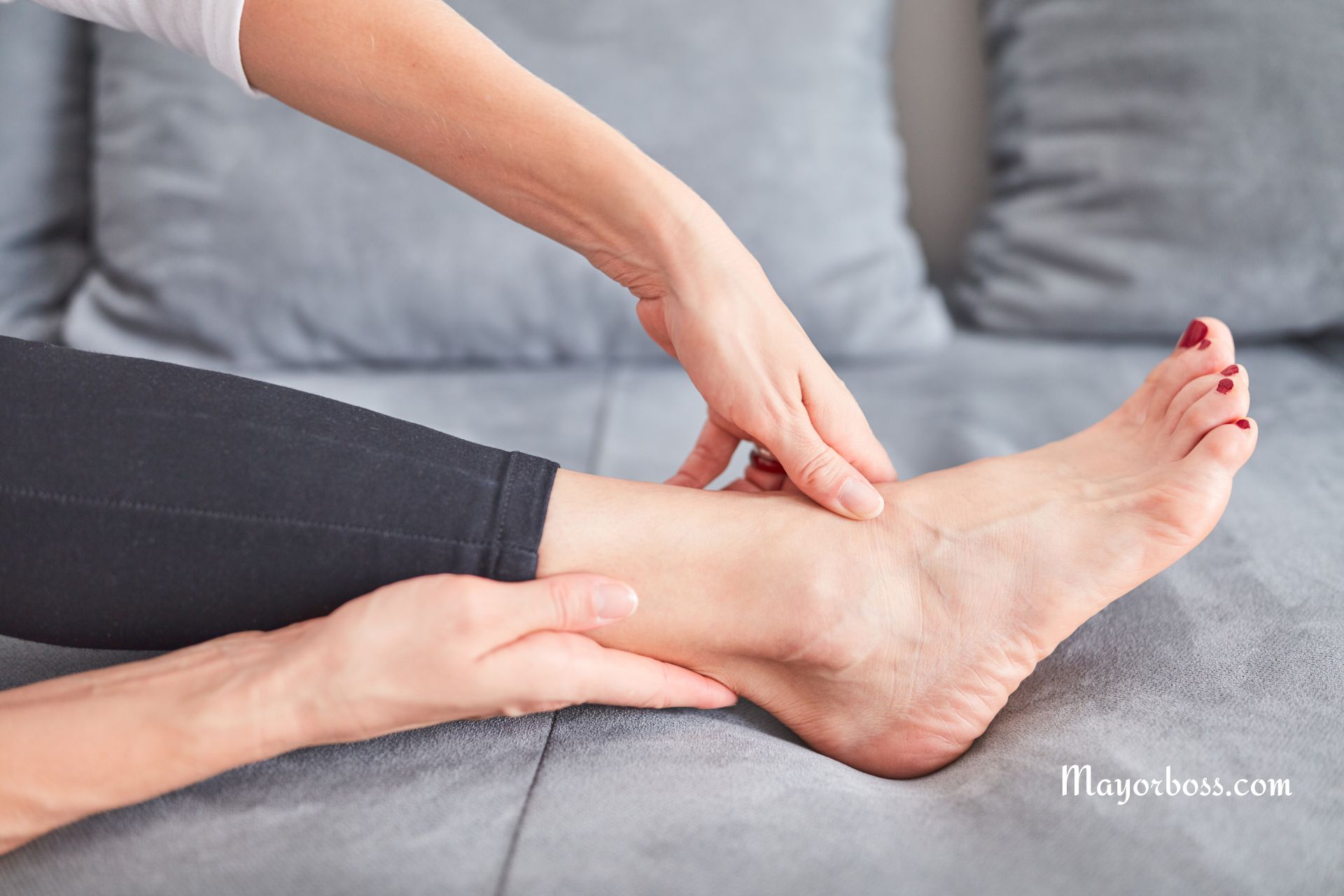This Vitamin Can Reduce Swollen Legs and Ankles

If your legs, ankles, or feet are swollen, you might wonder what is causing it and how to make it stop. Dr. Eric Berg, a well-known nutritionist, researcher, and chiropractic doctor, has some helpful ideas. Dr. Berg, who has over 12.8 million subscribers on his YouTube channel, shared in one of his videos how to reduce swelling—also called edema—with a vitamin that can be helpful.
What is Edema, and Why Does It Happen?
Edema is when your legs, ankles, or feet swell up because extra fluid gets trapped in your body’s tissues. Many people think it’s due to problems with the liver, kidneys, or heart. While those things can sometimes cause it, they aren’t always the main reason. The truth is that there’s a more common cause, and it’s easier to fix than you might think.
Dr. Berg says that swelling in the lower legs is often due to small cellular pumps that aren’t working right. These pumps are called sodium-potassium pumps. When these pumps stop working well, fluid builds up in the tissues, which causes swelling in your ankles and feet.
High Blood Sugar Could Be Causing Your Swelling
Another cause of edema is high blood sugar. Dr. Berg says that when blood sugar levels are too high, a process called glycation happens. Glycation is when sugar sticks to proteins in your blood. This makes it hard for your blood to carry nutrients and oxygen around your body. Over time, these sticky sugar-protein combinations can block your circulation and weaken your blood vessels, letting fluid leak out into nearby tissues.
This problem is common for people with diabetes, but even if you’re not diabetic, eating too much sugar can lead to similar issues. Glycation can reduce blood flow, causing swelling in the lower legs, ankles, and feet. So if you’ve been noticing swelling, it might be time to cut down on sugar.
The Role of Salt and Potassium in Edema
Dr. Berg explains that eating too much sugar can throw off your body’s balance of minerals, especially sodium (salt) and potassium. Eating a lot of sugar makes your body hold onto more sodium and lose potassium. Since water follows sodium, this means more fluid gets trapped in your body, leading to swelling.
If your potassium levels are too low, your body can’t get rid of extra fluid properly. Dr. Berg says that most people need about 4,700 milligrams of potassium every day, but getting that much from food alone can be tough. For example, you would need to eat about 15 bananas each day to get enough potassium, and that’s not realistic—not to mention all the sugar in those bananas!
Magnesium is Also Important to Reduce Swelling
Magnesium is another important mineral for reducing swelling. Dr. Berg says that magnesium helps make ATP, which is the energy your body needs to work. Without enough magnesium, your body can struggle to make energy, which can lead to things like muscle cramps and swelling.
To get more magnesium, Dr. Berg suggests eating foods like pumpkin seeds, sunflower seeds, and leafy greens. Unlike potassium, you need less magnesium—about 420 milligrams a day—which makes it easier to get from your diet. You can also use a good electrolyte powder, but make sure it doesn’t have added sugar.
Vitamin B1
Dr. Berg says one of the most important vitamins to help reduce swollen legs and ankles is Vitamin B1, also called thiamine. Vitamin B1 is really important for helping your body use carbohydrates. If you don’t have enough B1, your body can’t properly turn sugar into energy, so it stays in your blood and causes glycation.
The main reason people don’t have enough Vitamin B1 is because they eat too many refined carbs and sugars. If you eat these foods without enough B1, your body has to pull B1 from its reserves, which eventually leads to a deficiency. Without enough B1, the sodium-potassium pumps in your cells don’t work well, and that leads to fluid retention.
Vitamin B1 also helps protect your nerves. Without enough of it, you can get tingling, numbness, and even burning in your feet, which is called peripheral neuropathy. Dr. Berg says he experienced this himself when he had pitting edema in his ankles, and he got better by changing his diet and adding the right nutrients.
How to Get Enough Vitamin B1, Potassium, and Magnesium
To help your cells work better and reduce swelling, Dr. Berg recommends focusing on three main nutrients:
- Vitamin B1: You can get Vitamin B1 from foods like sunflower seeds, green peas, and lentils. You might also consider taking a B1 supplement, especially if you eat a lot of refined carbs.
- Potassium: Potassium is harder to get in large amounts from food alone. Instead of eating a lot of bananas, Dr. Berg suggests eating avocados, leafy greens, and berries. You could also use an electrolyte powder with potassium, as long as it doesn’t have added sugar.
- Magnesium: You can boost your magnesium by eating more pumpkin seeds, sunflower seeds, and leafy greens. Magnesium helps with fluid balance and energy production, which can help you feel less tired.
Cut Down on Sugar to Keep Swelling Away
Dr. Berg says reducing sugar is just as important as adding these nutrients to your diet. As long as you keep eating refined carbs, the swelling will come back. Cutting back on sugar helps reduce swelling and also lowers the risk of other health problems like high blood pressure and diabetes.
Dr. Berg shared his own story of dealing with pitting edema, which is when you press on your ankle, and it leaves a dent. He said that after he changed his diet and started getting the right vitamins and minerals, his swelling went away, and his health got a lot better.
The Takeaway
Swollen legs, ankles, and feet can be a sign that your body needs better nutrition. Dr. Berg’s advice is simple but effective: get enough Vitamin B1, potassium, and magnesium, and cut back on refined carbs and sugar. Doing this can help improve your body’s fluid balance, support those tiny pumps in your cells, and reduce swelling in your legs and ankles.
If you’re dealing with swelling, take a closer look at your diet and make these simple changes. It could mean the difference between staying uncomfortable or finally feeling better. And as always, talk to your doctor before making big changes to your diet or adding new supplements.






